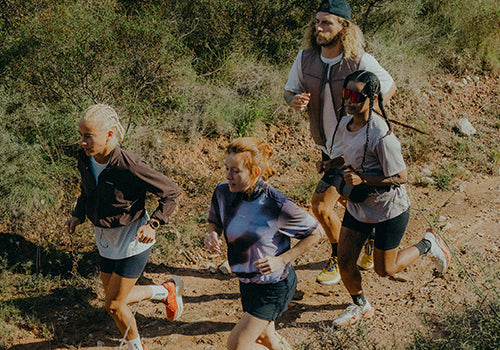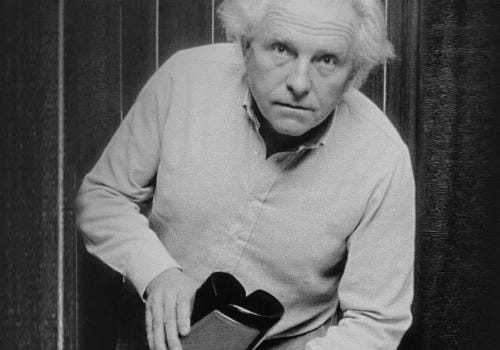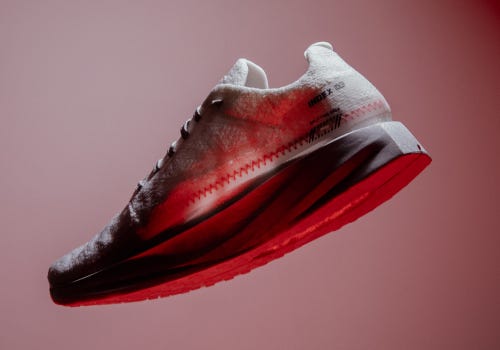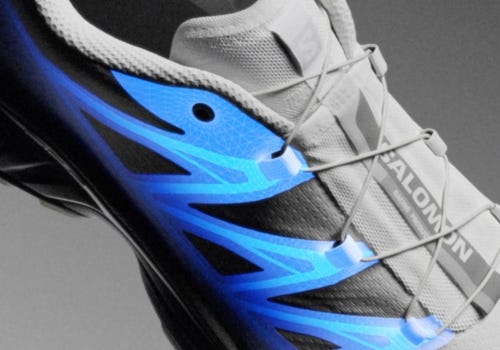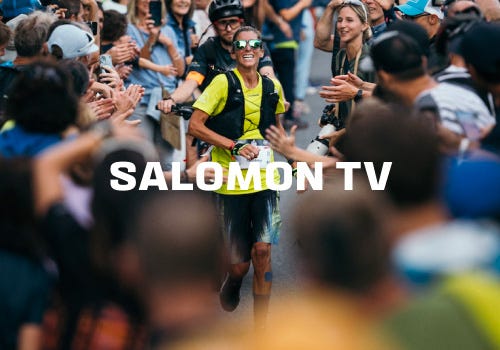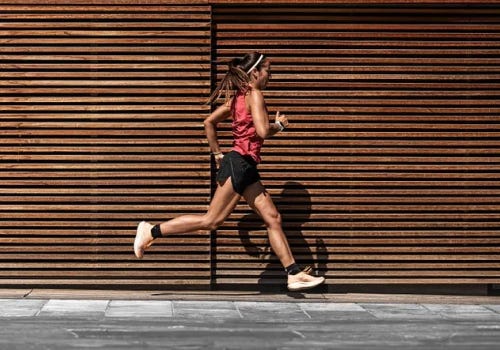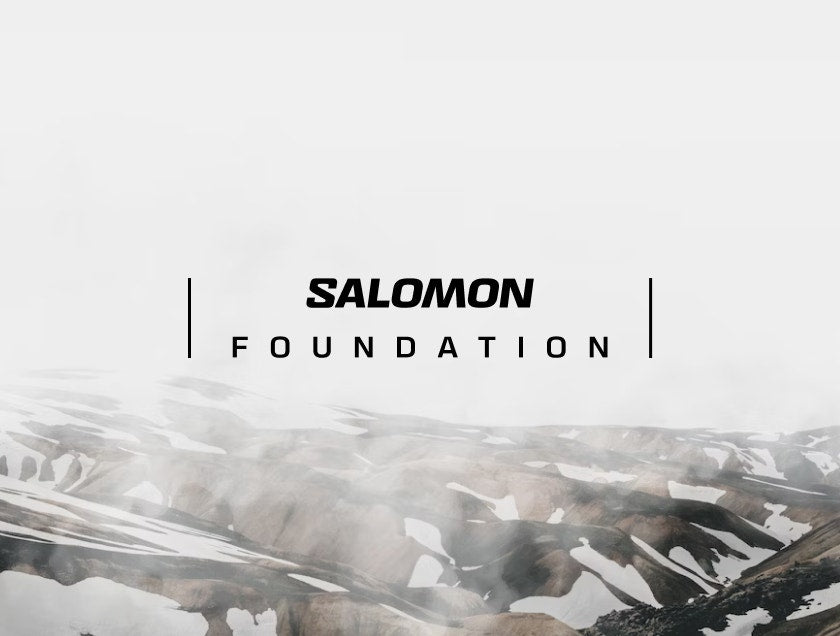
Discover our Salomon Foundation, helping to make outdoor experiences accessible to as many people as possible.
Since its creation in 1999, the Salomon Foundation’s purpose has been to help mountain professionals who have had an accident: high-mountain guides, ski instructors, mid-mountain guides and athletes. In 2023, the mission was expanded to support 28 non-profits in 11 countries around the world that give disadvantaged or excluded people the opportunity to enjoy outdoor sports.
Since 1999, the Salomon Foundation has been synonymous with solidarity towards those who help us discover the mountains. Our next challenge is to develop it further so that those who need it most may benefit from all its virtues.

Some of the charities the Salomon Foundation is supporting around the world:
2. PARA TEAM
Our partner athletes: a spotlight on our Para-Team
The 7 athletes in Salomon’s Para-Team demonstrate that disability is no obstacle in sports!
Follow them on social media :
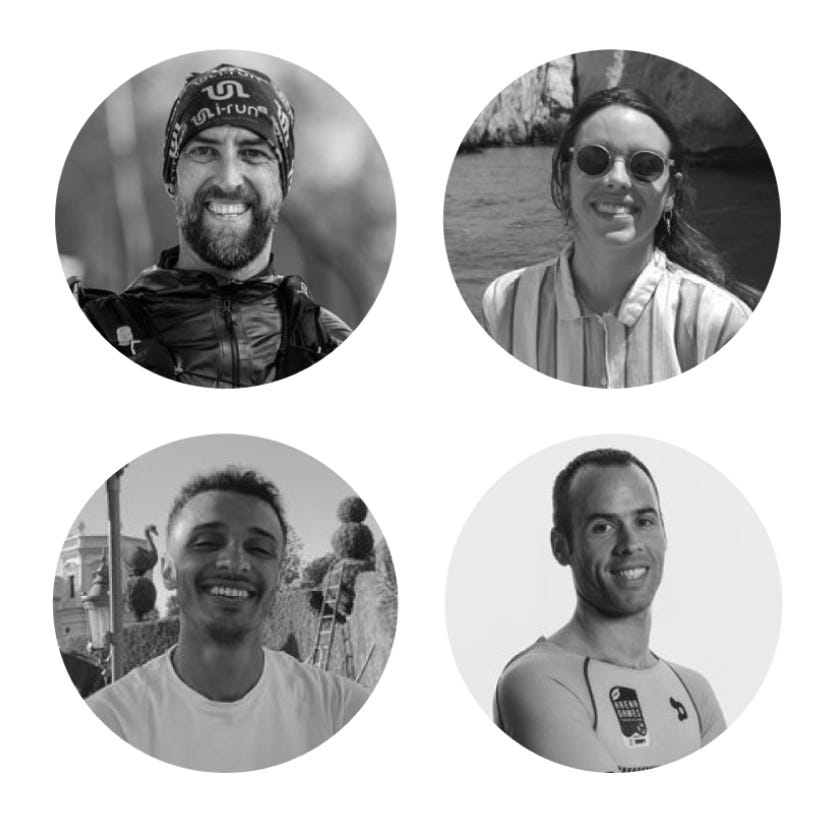
Boris Ghirardi
Follow on instagram
Sarah Legrand
Follow on instagram
Fayçal Toumi
Follow on instagram
Julien Veysseyre
Follow on instagram
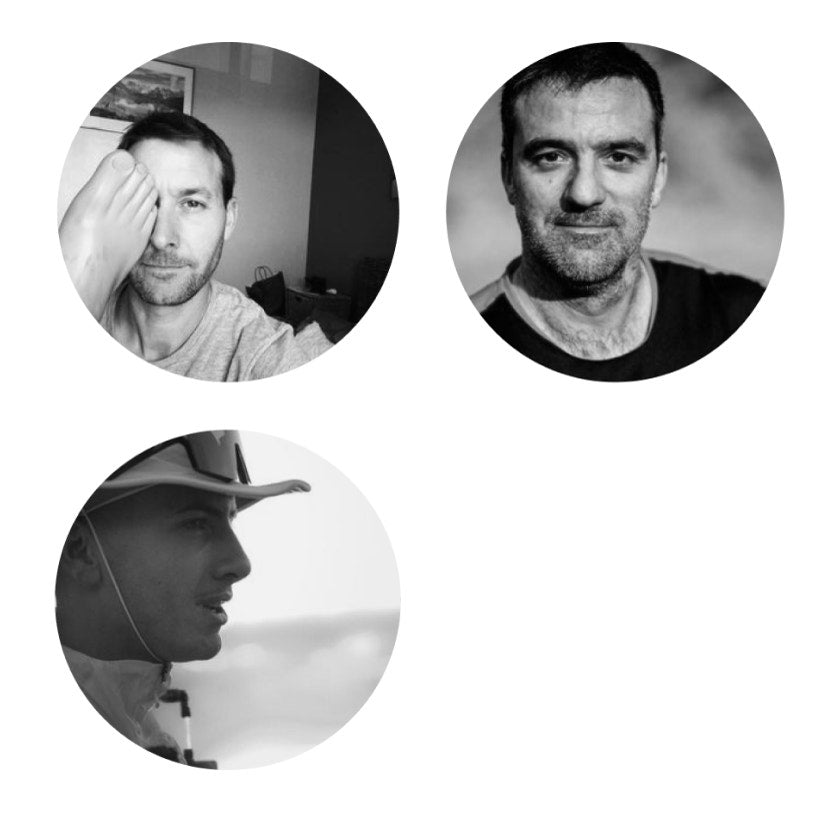
Watch the documentary "On My Own Two Feet", which follows our Para Team on its ascension of a 3,000-meter summit in the Vanoise region:
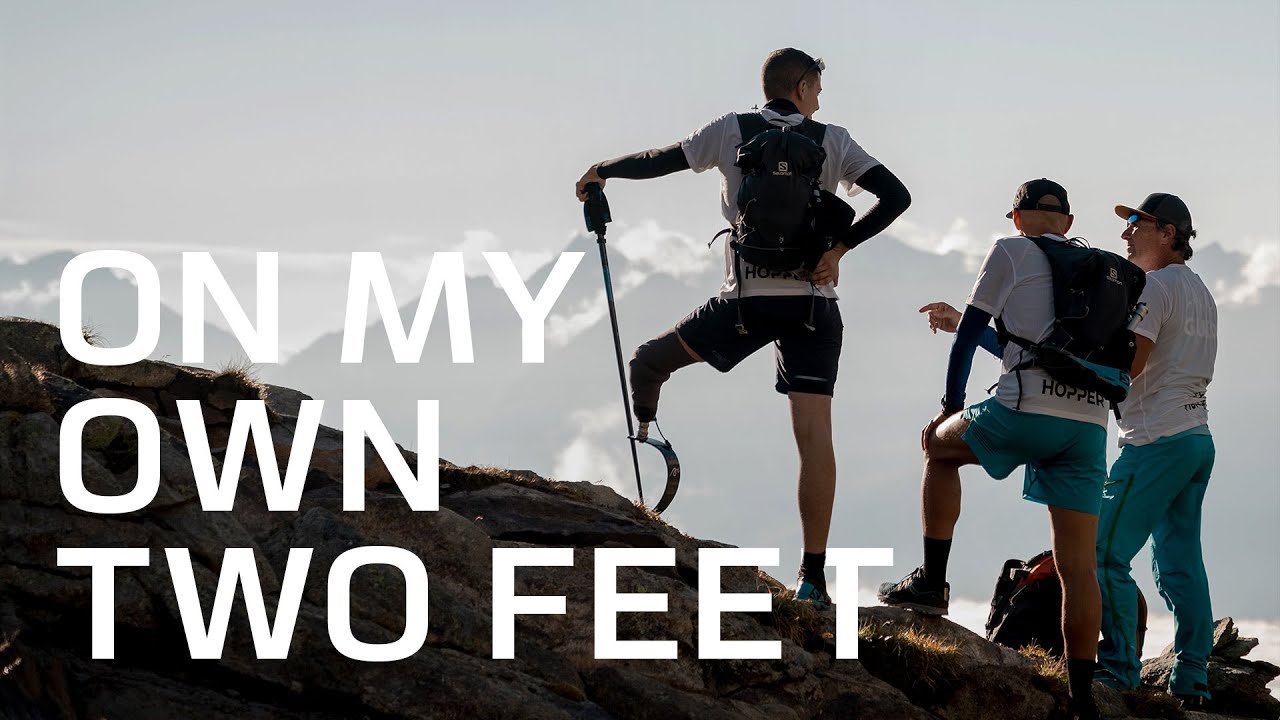
The reason I run is to advance a cause. Of course, it’s a personal challenge but it’s also something bigger than myself. The idea is to open our horizons and make what seems impossible possible.

Salomon’s Para-Team emerged from the Hopper project, which got started back in 2019 when Jerôme Bernard, a triple amputee, had an inspirational encounter at his children’s school with Benjamin Trarieux, an Airbus engineer.
Today Hopper is a startup that designs and manufactures prostheses to help people with disabilities to rediscover sport, and at a fraction of the current cost for these devices.
Hopper is the brainchild of a Research & Development project between several organizations: Airbus and its subsidiary, Reuse (who recycle composite material waste from A350 production), the Ecole des Mines d'Albi (who design the prototypes) and Salomon (who develop the rubber soles to equip the prostheses).
3. DRIVING CHANGE IN SPORTS' EVOLUTION
Our partner events
Every year, Salomon either participates in or sponsors over 200 events around the globe. To ensure we leave the lowest possible carbon footprint for each event, we have made a commitment with our Salomon Sports Pledge, a charter agreement which provides organizational advice to make sporting events more responsible and more inclusive for local communities. Our line of action is supported by a team of ambassador athletes and an operational team of Salomon staff ambassadors.
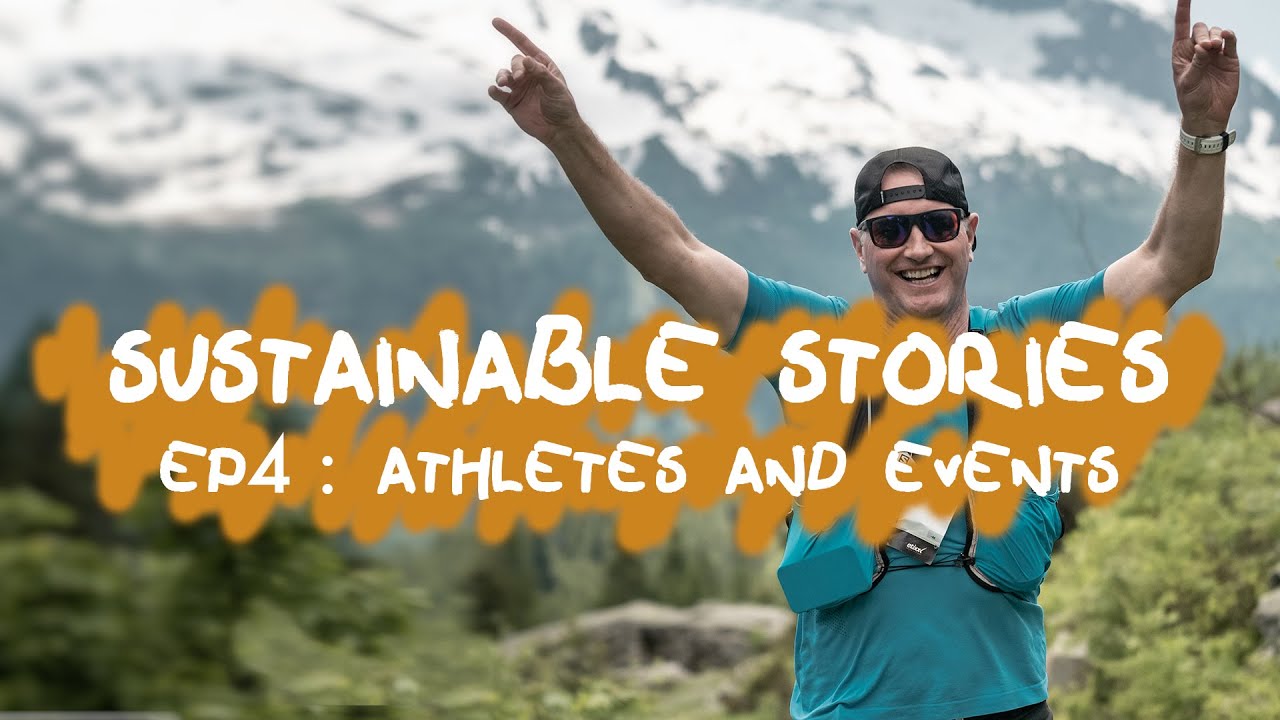
Our partner associations
Every year, Salomon helps over 50 non-profit organizations
4. OUR WORK SPACE
Our team consists of 1,744 outdoor sports enthusiasts around the globe, 577 of whom are based at the Salomon Annecy Design Center, our base camp in the French Alps (July 2023 figures).
5. TOWARDS FAIRER PRACTICES
Our global supply chain is a complex network with proprietary operations, supplier partners and employees in different countries. Salomon is focused on protecting human rights and improving the labor conditions and transparency within its supply chain. We are members of the internationally recognized Fair Labor Association.
To ensure that our business partners and manufacturing facilities meet our requirements, we have introduced a program to monitor social compliance through an external audit program.
In 2015, Salomon also pledged to use the Higg Index, which measures progress on social and environmental impacts with regards to brands and their supply chains.
Along with Amer Sports, Salomon also collaborates with various NGOs, such as Better Work, and regularly takes part in the Better Work workshops organized by the ILO (International Labor Organization).
Our values are outlined in a company Code of Conduct and an Ethics Policy for all our suppliers, which can be downloaded bellow.
6. ALL THAT REMAINS FOR US TO DO FOR OUR COMMUNITIES
Between now and 2025, our aim is to:
- Rank in the top 25% of the highest performing companies for employee engagement
- Dedicate 2.5% of the payroll to training and development
- Make 100% of our partner sports events compliant with our "Salomon Sports Pledge" charter.
- We also actively encourage our athletes and customers to adopt more responsible lifestyles and sporting practices, while supporting the communities that host our events and adventures.
Salomon’s athletes have always pushed the boundaries and widened the horizons of their sports, and they have played a key role in all of the brand’s commitments to sustainable development in the last few years. They have reduced their individual carbon footprint by choosing alternative means of transport and even spent time raising awareness to younger generations about climate issues.

ATHLETE-RELATED COMMITMENTS
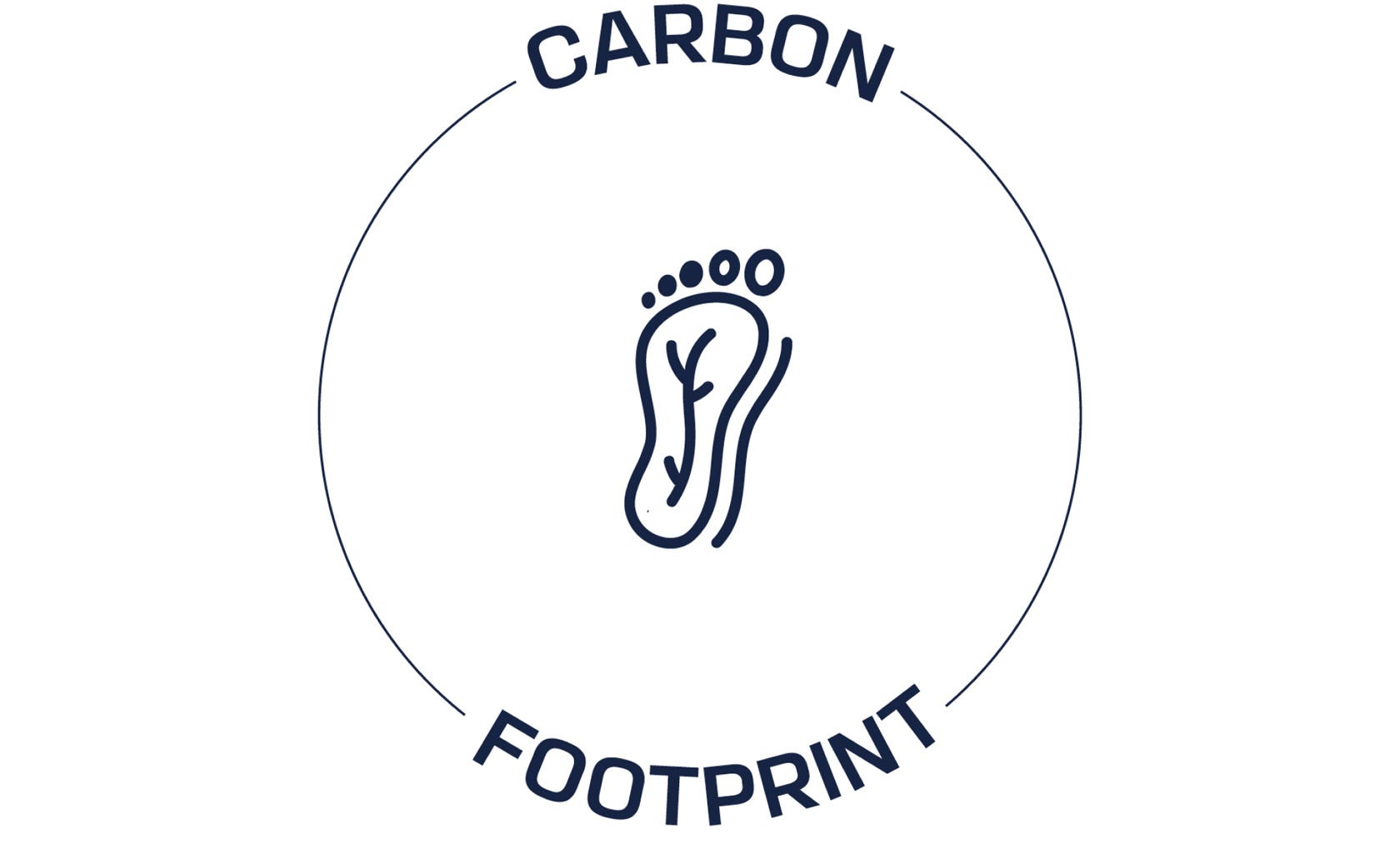
Measuring the individual travel carbon footprint of each international athlete
Reducing Salomon athletes' collective travel carbon footprint by 30% by adapting their professional travel plans
Offsetting the collective travel carbon footprint of our international athlete team by 2022
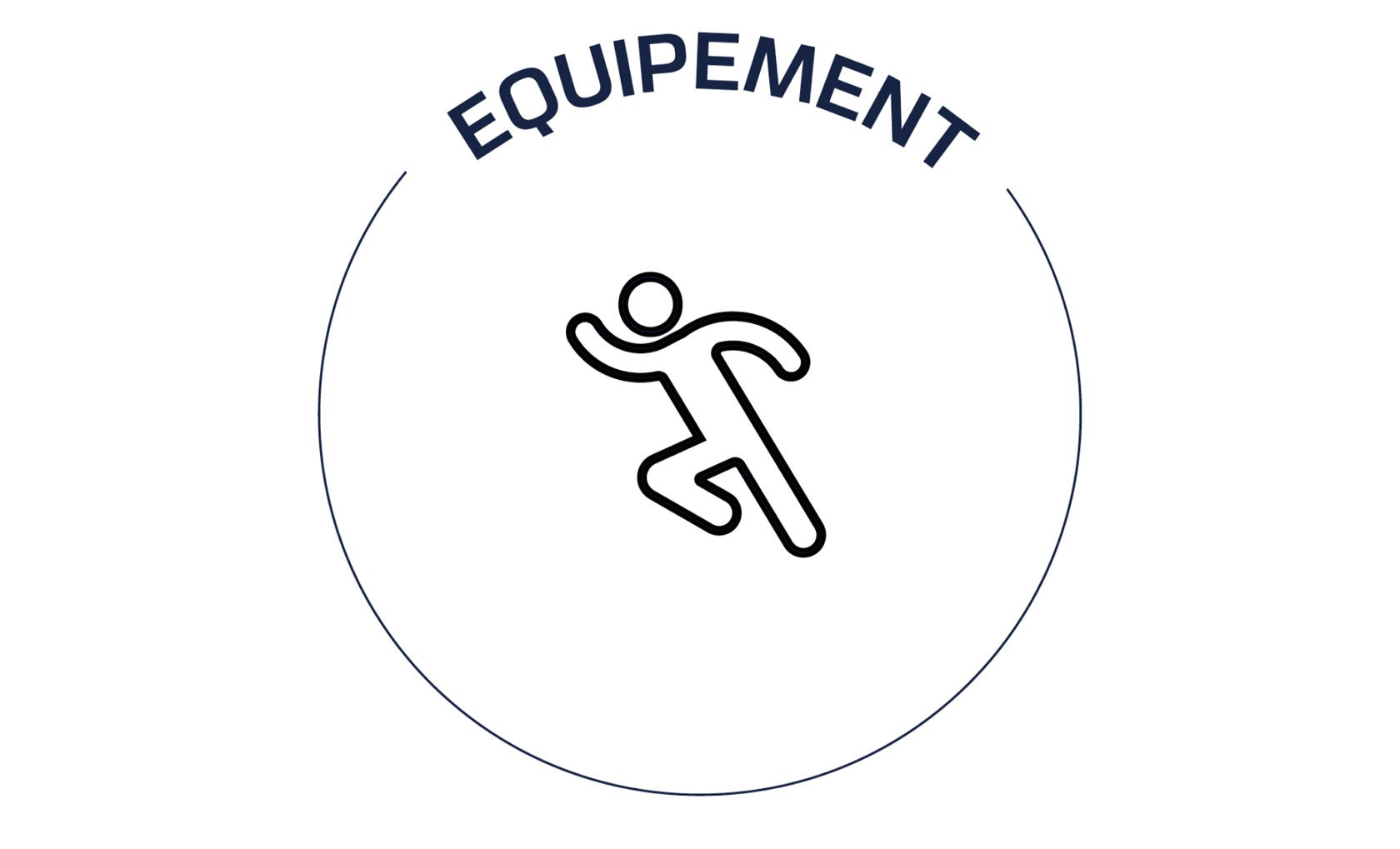
Reducing the amount of equipment used by each athlete by estimating needs, re-using and donating used gear to other athletes, and refusing race packs when not needed
Repairing and maintaining athletes' equipment
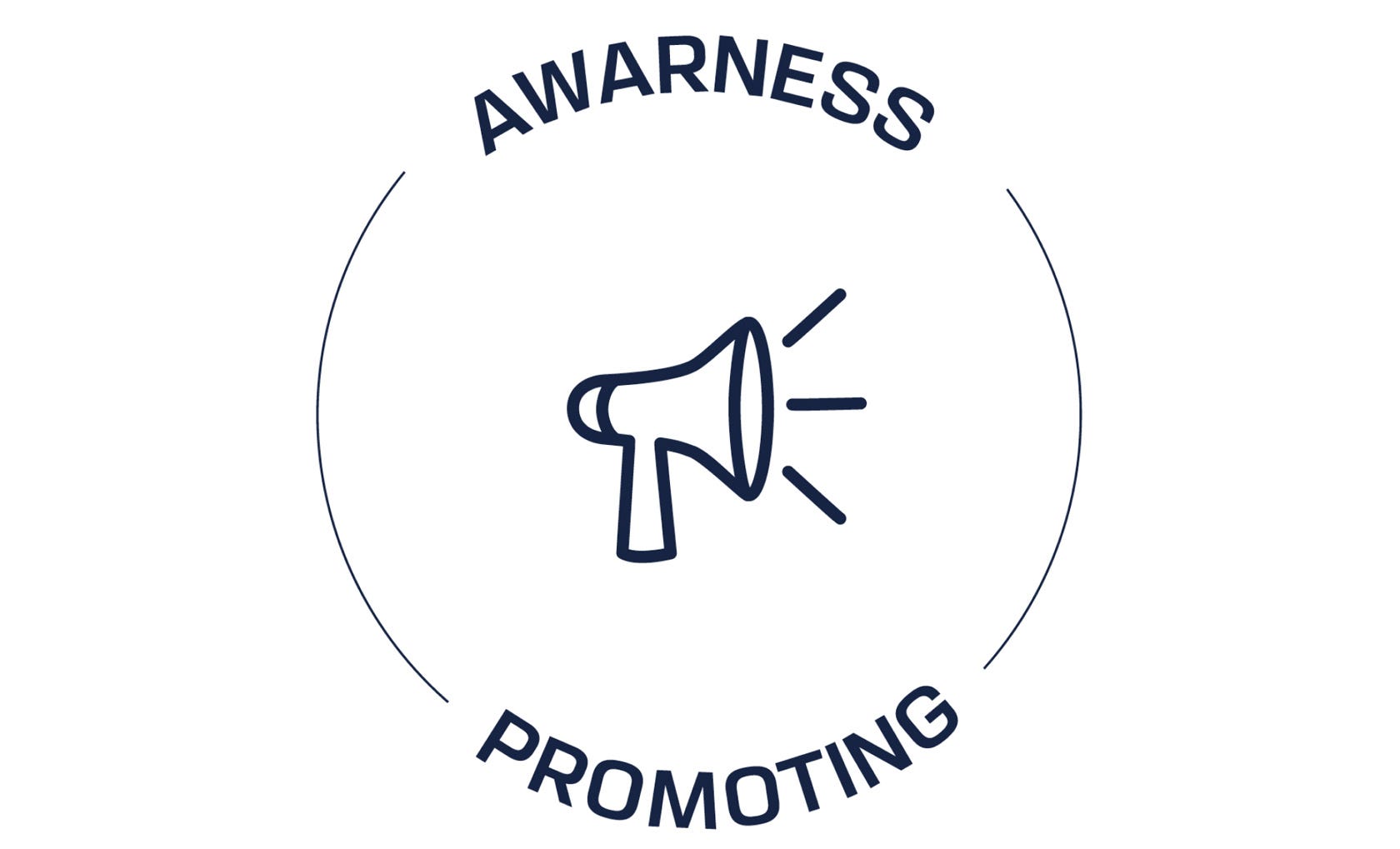
Promoting an eco-friendly lifestyle by adopting sustainable habits
Raising awareness by sharing their efforts towards reducing their environmental impact
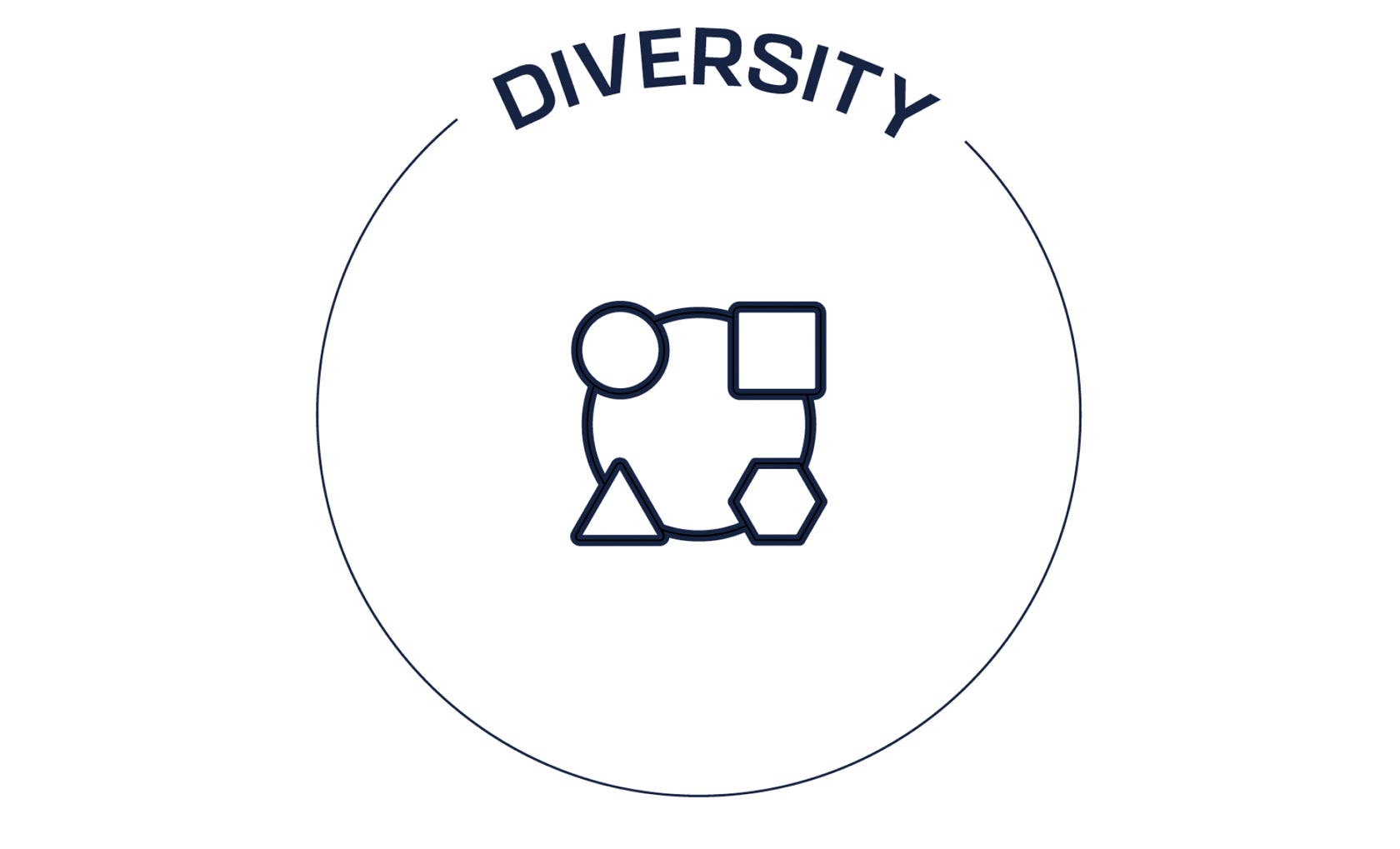
Creating a diverse team of athletes across genders and nationalities
Supporting female athletes in their career goals and being advocates for women's empowerment through sports
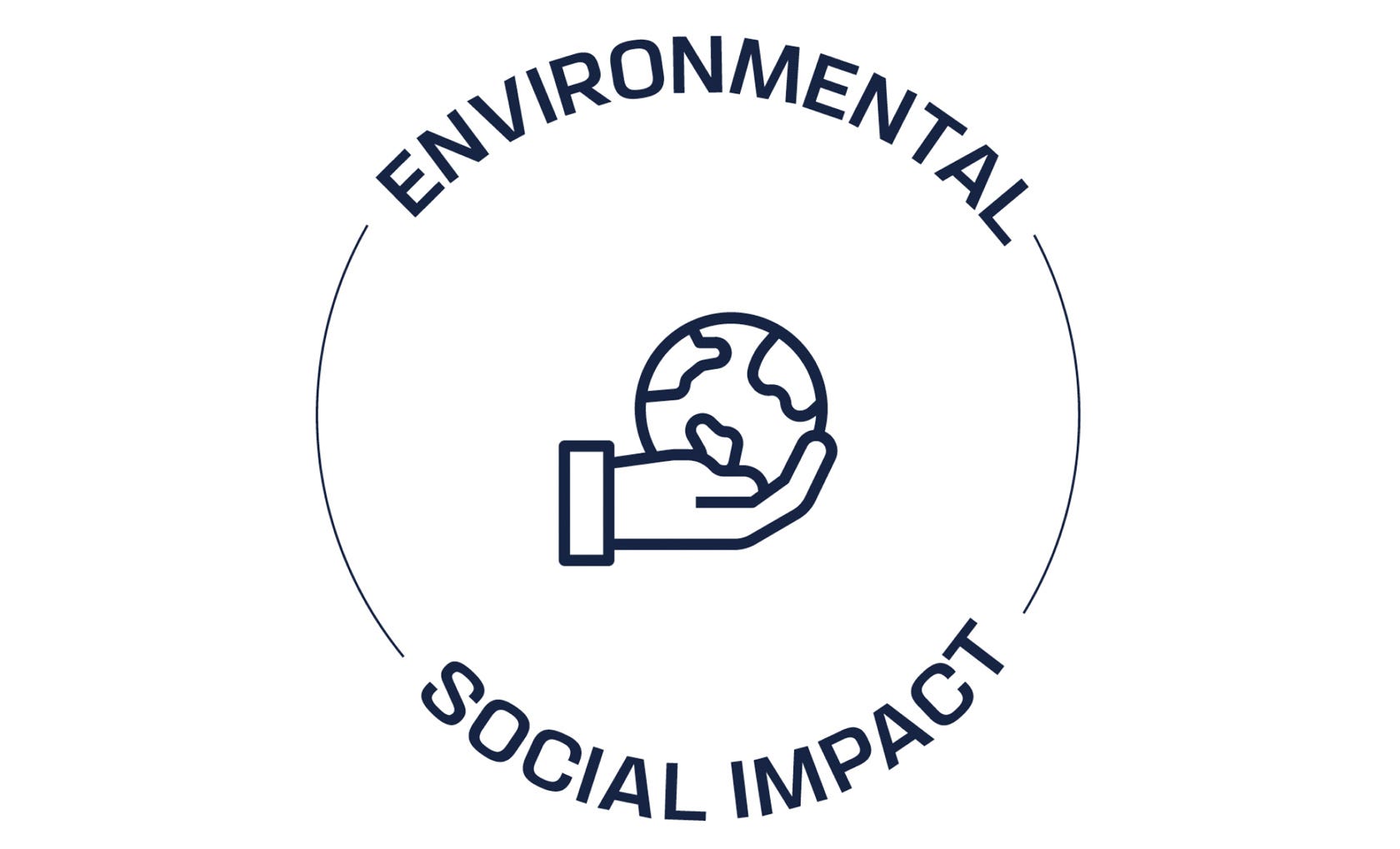
Encouraging greater participation in local events near brand epicenters
Supporting communities in their efforts to limit their environmental impact
Protecting the environment by respecting natural sites during sporting practices (no waste or degradation)
EVENT COMMITMENTS
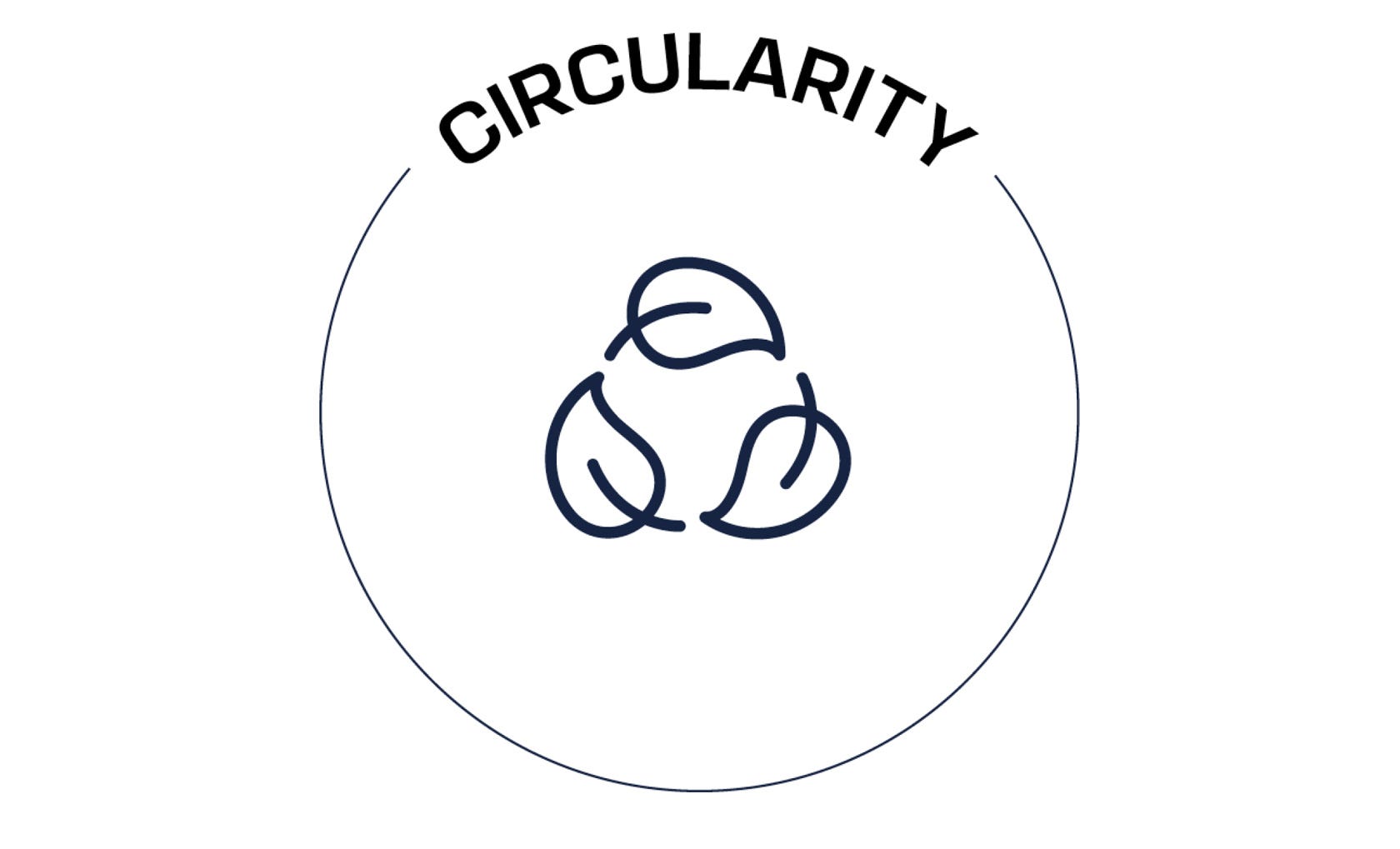
Responsible sourcing through re-usable and sustainable event materials (such as marking flags and banners)
Waste management through reducing, reusing and recycling
Banning plastics such as bags, trophies, gifts, bottles and cups
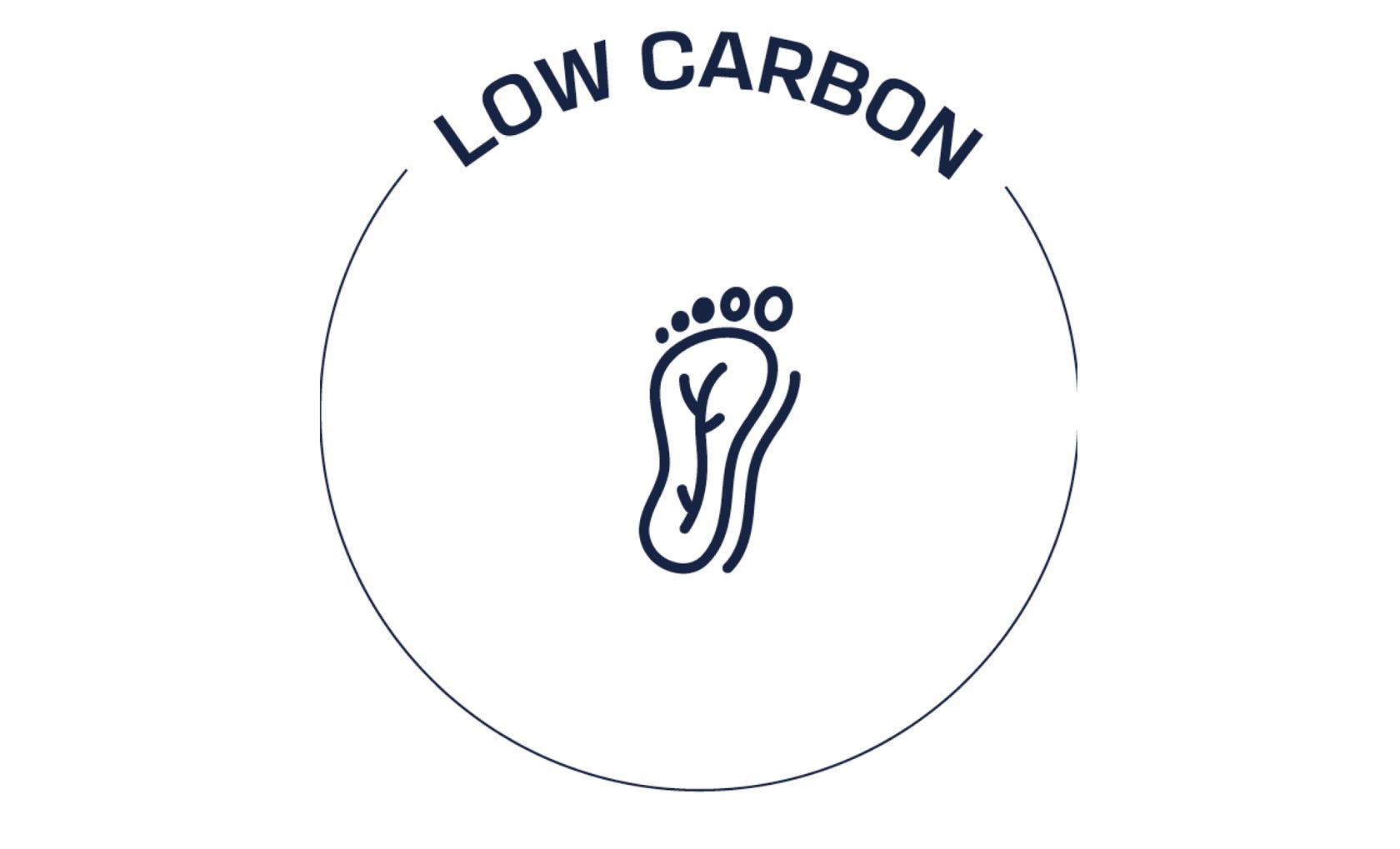
Clean energy sourcing by using renewable energy whenever possible
Optimizing event transportation by offering low-carbon transportation and promoting green transport
Communicating responsibly by banning helicopters from filming or promoting events
Offsetting event carbon emissions and offering a travel carbon-offset option for participants during their ticket purchase
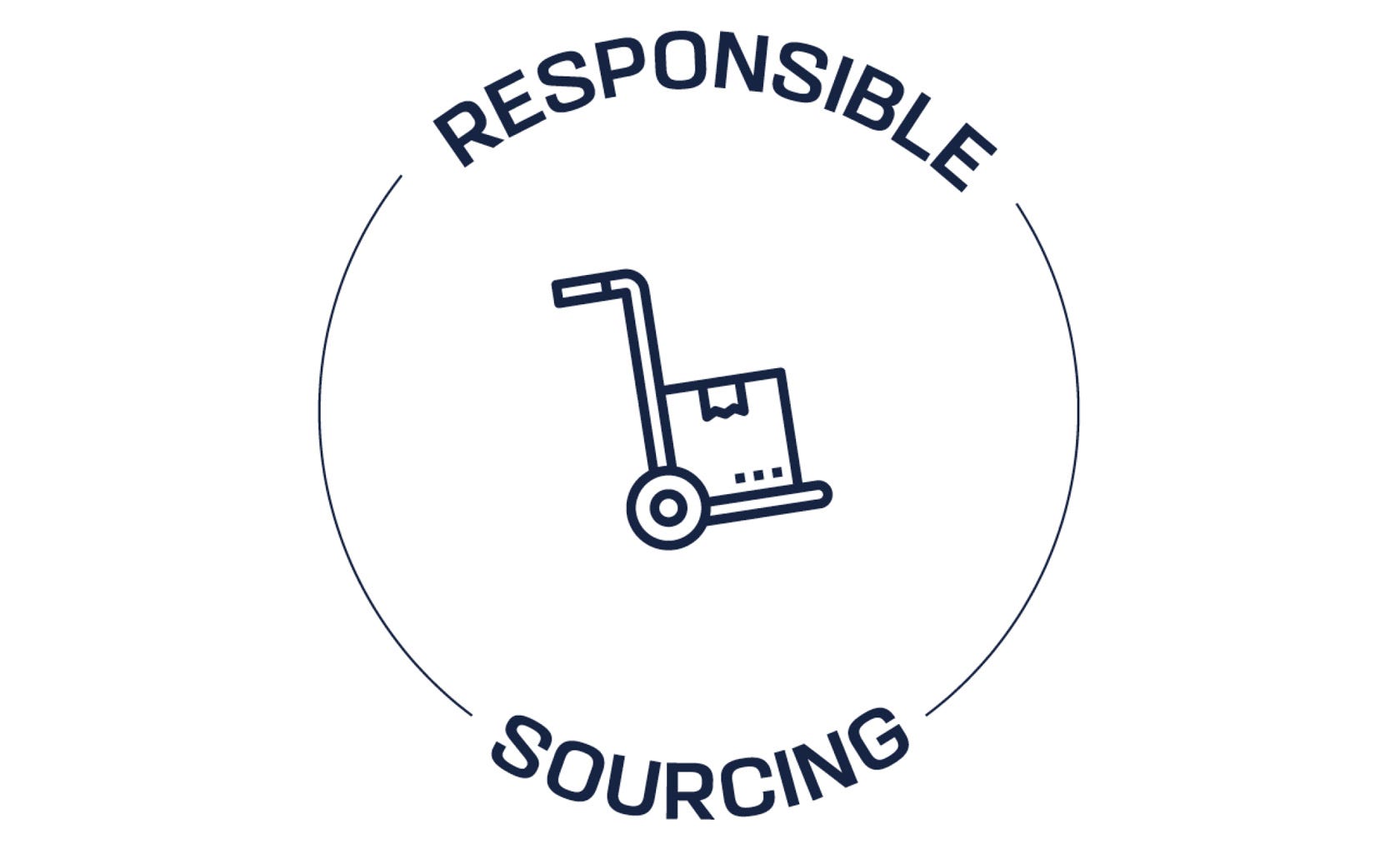
Creating responsible race packs by using eco-friendly, local and fair products and leaving the option to refuse the pack to make a donation to an environmental cause
Responsible catering by using local, seasonal and organic food with vegetarian options
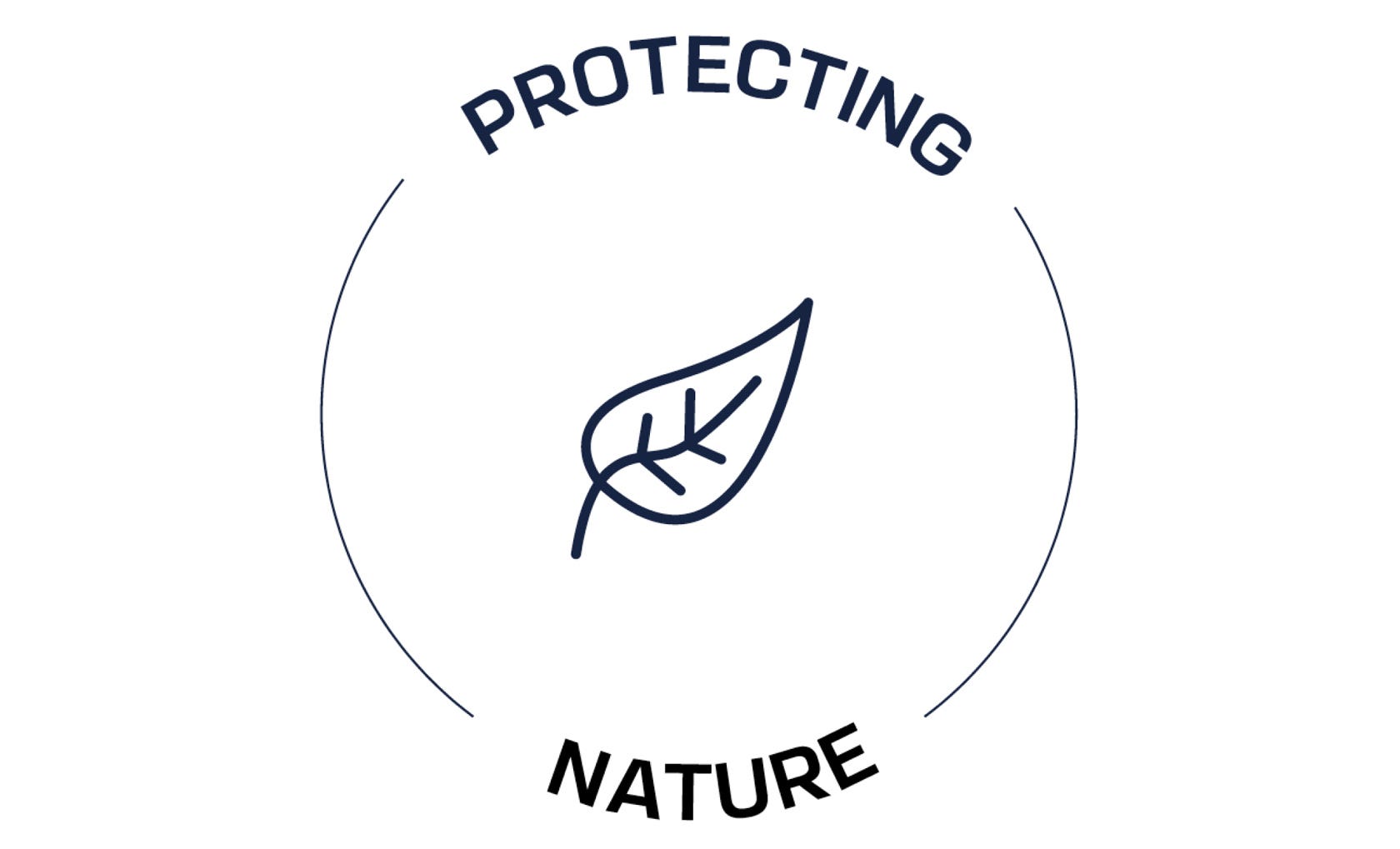
Water protection by avoiding overconsumption and pollution
Protecting natural habitats through environmental assessment, preservation work and controlling the impact of participants through crowd-size moderation (using start waves for example)
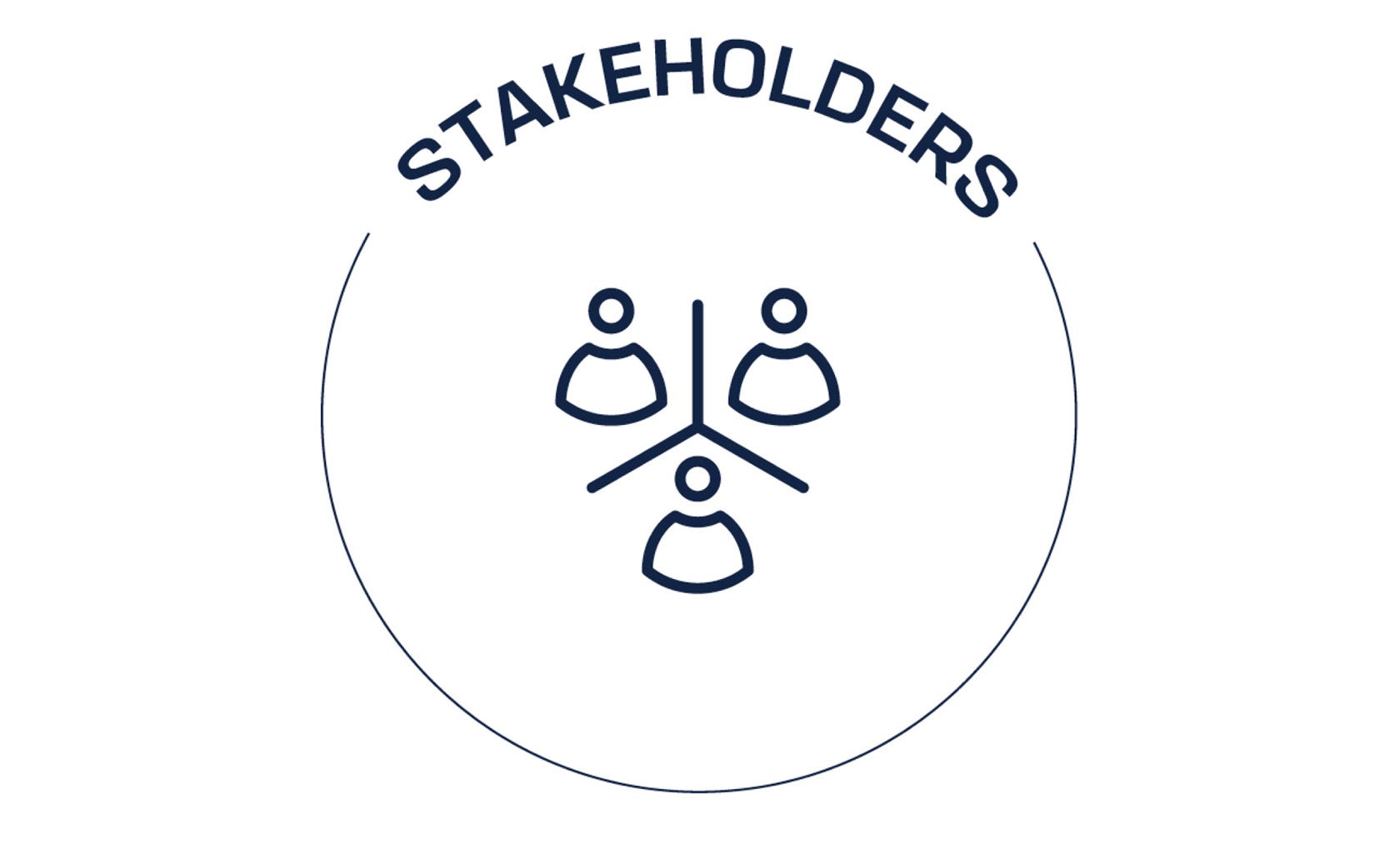
Identifying a sustainability manager for each event and briefing volunteers on the event's sustainability goals
Promoting diversity and inclusion through advocating for gender equality in races and raising awareness with race directors and staff to make their events more accessible to all
Engaging in dialogue with international federations and series organizers to optimize race calendars

